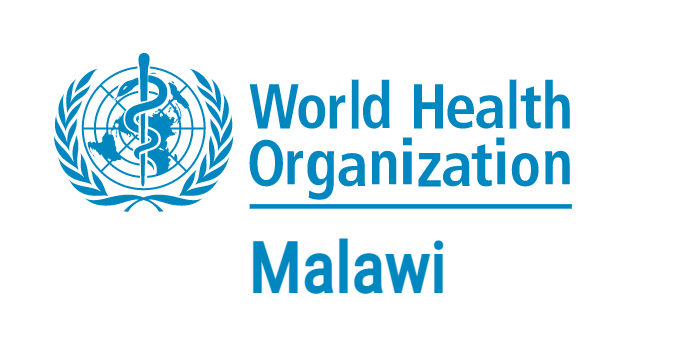Declared a Public Health Emergency of International Concern on 14 August 2024, mpox remains a health challenge across several African countries, including Malawi.
The country confirmed its first mpox case on 16 April 2025, followed by an official outbreak declaration from the Ministry of Health the next day. As of 11 July 2025, the Public Health Institute of Malawi had recorded 59 confirmed cases, primarily in Lilongwe and Mangochi, with a few isolated cases in other districts.
On 19 April 2025, Mangochi District registered its first suspected mpox case, a 2-year-old boy from Ntiyala Village, Traditional Authority Mponda. The child, who had no travel history or known contact with any confirmed case, was brought to the Koche Community OPD Clinic with a rash, fever, and headache.
Walinase Mughogho, a Health Surveillance Assistant (HSA) at the clinic, recalls:
“The child came in with his mother like any other patient. After assessment by the clinician, mpox was suspected. We were called in to review the case. The child was isolated, and a sample was sent to Mangochi District Hospital, which later confirmed the case as mpox. We returned to the community to inform them and began contact tracing among children who had interacted with him. Some presented similar symptoms, and we sent their samples to the district hospital as well. The child was treated at home due to the mild nature of the case and the lack of a formal isolation center.”
With no dedicated isolation facility, managing the case within the community posed a challenge. The only way to stop transmission was to involve the community directly.
Mughogho explains:
“We had to empower the community. People were advised to stop sharing clothes, bathing in streams, crowding, and were encouraged to improve hygiene, especially around food and handwashing. Everyone had a role to play.”
It was a critical moment for Ntiyala Village. Chilapula Simba, a member of the Village Development Committee and community policing group, says existing local structures were key.
“Once we confirmed there was a case, we held an emergency meeting with village leaders and HSAs. Together, we conducted a door-to-door mpox awareness campaign. We educated people on the disease, how it spreads, how to prevent it, and most importantly, we emphasized not to discriminate against the affected family.”
Thanks to these efforts, the family was supported, not stigmatized, and most importantly, no new cases emerged in the village.
“As of today, this remains the only case in our community. That’s a huge success, and it’s all because we worked together,” Simba said.
Visits from the World Health Organization and other partners followed.
“We were proud to share our experience,” said Mughogho. “It showed that mpox is real and dangerous, but when managed correctly and with collective action, it can be contained and cured.”
She emphasized the importance of collaboration:
“The turning point was our ability to work together, HSAs, the Koche Clinic, Mangochi District Hospital, and the community members. But we also faced challenges in spreading information widely. We needed more posters, access to community radio, and drama performances to reach everyone. Mpox can be defeated if we all take part.”
According to Stanley Rashid, Mangochi District’s Integrated Disease Surveillance and Response (IDSR) officer, the district was quick to act:
“Once Koche Clinic reported the suspected case, we convened an emergency meeting and activated the emergency response management system. Each pillar, surveillance, case management, health promotion, was assigned clear responsibilities. Surveillance teams launched active contact tracing, while case management ensured the child was monitored and cared for at home. Our health promotion team engaged Liranguka Community Radio to spread messages and interact with listeners who asked questions live.”
Since the initial outbreak, Mangochi has focused on training health workers in mpox surveillance and case management. The district also conducted an after-action review to identify gaps and strengthen its preparedness and response strategy.
As of now, Mangochi has reported three confirmed cases, and no mpox-related deaths across Malawi.
The experience in Mangochi shows that when communities are informed, united, and supported, mpox can be stopped in its tracks. It is curable, and with the right response, preventable.
“This experience has taught us that it takes all of us, health workers, families, community leaders, and local structures, to stop the spread,” said Mughogho. “And when we do, we win together.”
Distributed by APO Group on behalf of World Health Organization (WHO) – Malawi.


